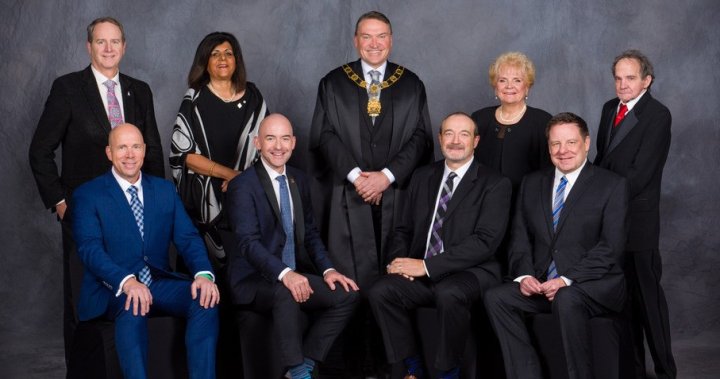The city council members of Kelowna, B.C., voted to give themselves a pay raise in order to align their wages with those of their peers in similar-sized cities in British Columbia. The decision, supported by five council members and opposed by three, will see the mayor’s salary increase to $145,000 from $126,497, while councillors will see their wages rise by 30% to $58,080 from $42,992 per year. The wage gap between the mayor and council members is based on the time spent on the job, with the mayor’s role considered full-time and council members considered part-time.
During the discussion on the pay raise, city clerk Stephen Fleming explained that the wage increase was necessary to reflect the time and effort required for the job. While some council members acknowledged the awkwardness of voting on their own taxpayer-funded wages, the prevailing sentiment was that the job has evolved alongside the city’s growth and requires a significant time commitment. The increase in wages was also seen as a way to attract and retain new talent in local government. However, some council members felt that the raise was too substantial and too fast.
Coun. Rick Webber, a first-time councillor, expressed reservations about the significant increase in wages and noted that in the real world, pay raises are typically tied to taking on more responsibilities, rather than simply voting for an increase. He suggested that a more gradual approach, such as tying wage increases to inflation, would be more appropriate for taxpayers. Despite his concerns about the raise for council members, Webber supported a pay hike for the mayor, noting that the position had taken on additional responsibilities.
Coun. Maxine DeHart shared her surprise at the lack of awareness among the public about the mayor’s salary before the vote. She recounted conversations with individuals who were shocked to learn that they were earning more than the mayor, based on 2021 Statistics Canada Census data. DeHart and her council peers also emphasized that the demands of their roles often exceeded the 40% time commitment traditionally associated with council positions. As per the Community Charter and public expectations, council members have numerous responsibilities beyond attending meetings.
The bylaw outlining the pay raise for council members and the mayor will come before the council for final approval in the coming weeks. Once approved, the wage increase will take effect. The decision to increase wages for city council members in Kelowna reflects a broader effort to align local government salaries with those of similar-sized cities in British Columbia. Despite some concerns about the size and speed of the wage increase, council members emphasized the importance of fairly compensating elected officials for the time and effort required in their roles.


